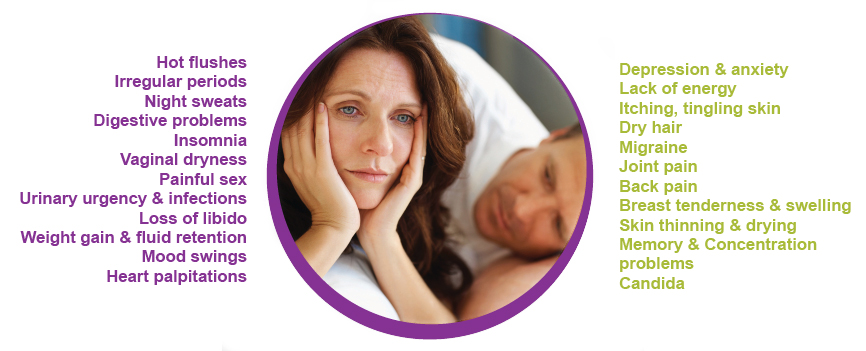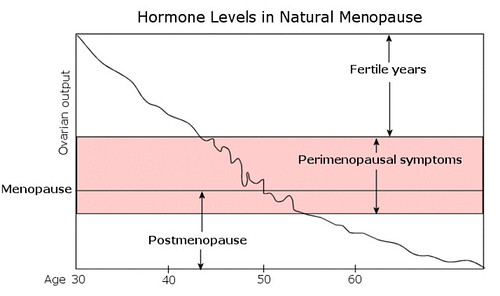Testosterone Pellet Therapy for Men
1 in 4 Men
Low testosterone affects weight, energy, mood, sexual performance, concentration, sleeping, and more. We can help.
Bio Testosterone Pellet Therapy for Men
Hormones play very important role in the life of men, your body needs to have good levels of hormones so that you may be able to enjoy good health. Naturally the hormones are produced in healthy levels in the body of a man by the testes, when production of this hormone is still high a man will enjoy good health and vitality not to mention the unequalled sexual prowess that these hormones gives to a man. The most dominant hormone in a man is testosterone. it does very crucial functions in the life of a man, among other things it is responsible for physical look, moods, sexual drive, masculity and stamina Keeping balanced hormone levels is extremely important for your health. However as a man grows old the production of the testosterone hormones becomes so minimal, the body becomes less effective in producing the crucial testosterone hormone, this therefore causes a fall of testosterone to unhealthy levels which creates hormonal imbalance in the body. When the levels of testosterone is the salient feature of hormonal imbalance in men. Testosterone levels begin to decline in men beginning in their early 30′s. Most men need to be tested around 45 years of age. Symptoms of testosterone deficiency in men include fatigue, lack of mental acuity, loss of libido, and difficulty achieving, or sustaining erection. However it is never too late to benefit from hormone therapy. There are medical interventions that have been in use for centuries to help men battling with flooring testosterone levels. One of the ways that have been found to be successful in fighting low testosterone in men is the hormone pellet therapy.
Testosterone Hormone Pellet Therapy
The hormonal pellet therapy is very effective in maintaining the levels of testosterone in men. It is also safe as it uses hormones sourced from natural plants. These naturally sourced hormones are used to replicate the body’s normal hormonal levels. Patients have found that bio-identical hormone replacement therapy with pellet implants is extremely effective and safe as well. This Testosterone Pellet Therapy is done by placing Implants under the skin. These hormone pellets will consistently release small, physiologic doses of hormones providing optimal therapy.
These hormone Pellets contain a natural plant source of estrogen and testosterone. A compounding pharmacist, using strict federal guidelines, compounds the estrogen and testosterone utilized in the pellets. These pellets, which are smaller than a grain of rice, are placed in the fatty tissue underneath the skin and most closely mimic the actions of healthy ovaries and testicles with regards to hormone release into the bloodstream. The hormone pellet implantation procedure is easily performed in the office.
Testosterone Pellet Therapy and Hormonal Balance
When there are low hormonal levels, especially testosterone the functions of testosterone will not be effectively attended to. This will therefore cause myriads of health problems. This is the ultimate goal of the Testosterone Pellet Therapy to restore the normal hormone levels in the body so that the functions of the testosterone can be restored. The pellet therapy also helps in mitigating the severity of aging symptoms that has maimed many people.
Hormone therapies are too many, some being delivered through creams ,pills and even patches, these worked but still there was lots to be done as these methods never solved the problem of fluctuation in moods and energy but with hormone pellet therapy this problem is solved and the levels of hormones is restored.
Benefits of Testosterone Pellet Therapy
Compared to other oral and transdermal forms of therapy, the hormone pellet therapy is the most effective form of supplementing the levels of testosterone in men. A great advantage of using the Testosterone Hormone Pellet therapy is that it doesn’t produce fluctuating levels of hormone that may lead to mood fluctuations. Testosterone Pellet Therapy is the only method of hormone therapy that provides sustained hormone levels throughout the day, for up to 4 to 6 months, without any fluctuations in the levels of hormone.
Natural hormones-Because the hormones used are completely natural, Testosterone Pellet Therapy is ideal for patients wanting the benefits of a natural hormone, without the drawbacks of a synthetic.

Restores vitality- one of the major functions of testosterone hormone is to ensure optimal energy levels and vitality, when the levels of testosterone floors the energy levels will be low but by using the hormone pellet therapy a level of vitality will be restored in men.
Restored sexual functions- Testosterone Therapy achieves the sustained levels of testosterone that would be produced by normally functioning testicles. This form of therapy is the only kind that produces the natural level of hormone that men need. It therefore helps men to be to perform optimally sexually.
Prevents diseases- studies have suggested that restoring healthy hormonal levels helps in prevention of diseases such as cardiovascular disease, Alzheimer’s disease, prostate cancer, osteoporosis, and more. There may be many avenues through which testosterone levels can be restored but the pellet therapy is one of a kind owing to its naturally sourced hormones and how the pellet releases the hormones in unwavering manner.
Symptoms of Imbalanced Hormones in Men
- Fatigue
- Depression
- Decreased libido
- Weight gain
- Muscle loss
- Memory loss
- Mood swings
- Poor memory
- Loss of bone density
- Low stamina
- Low immunity
- Joint pain
Experience a Better You whether you’re fighting off andropause or trying to reignite your sex life, BHRT may be the answer. If you’re interested in the long lasting, effective pellet therapy treatment, please call 843-213-1480 or contact Dr. Dalal Akoury is an experienced doctor who will be able to help you.
Testosterone Pellet Therapy for Men
Related articles














 Withdrawal syndrome refers to is a set of symptoms that occurs when a person discontinues using a drug or when he reduces the dosage of the drug. Not all drugs will result in withdrawal symptoms but some
Withdrawal syndrome refers to is a set of symptoms that occurs when a person discontinues using a drug or when he reduces the dosage of the drug. Not all drugs will result in withdrawal symptoms but some 






 There are natural therapies that can be used in restoring the levels of estrogen and progesterone in the body and calm the sugar craving and break the addiction. These natural therapies may include edamane and black cohosh also known as
There are natural therapies that can be used in restoring the levels of estrogen and progesterone in the body and calm the sugar craving and break the addiction. These natural therapies may include edamane and black cohosh also known as 




